“We had all spent two years being fearful of our team catching COVID, so when it happened – it was not so dramatic at all. This was because we had the systems in place to deal with it.”
Award-winning lawyers Peta Gray and Sharné Lategan started Toowoomba business and construction law firm Enterprise Legal in 2017.
They were determined to bring a new approach to the delivery of legal services, including client-focused methods of billing that go beyond “6 minutes”, dynamic use of online services and choosing to specialise rather than be generalists.
At the heart of Peta and Sharné’s success is their partnership built on trust, a shared ethos, an energy to bring new ideas to the delivery of sustainable legal services and the spirit of entrepreneurship deep within their DNA.
While we can endlessly question whether entrepreneurs are ‘born’ or ‘made’, what is striking about Peta and Sharné is that they are continuously developing their entrepreneurial skills, including facing and dealing with risk and uncertainty, recognising advantages for clients and the firm, and keeping up to date on technologies while never forgetting traditional approaches.
At the time of our conversation, both Peta and Sharné had recently experienced COVID across most of their legal team and administration staff. The conversation – fast paced and brimming with insights from Peta and Sharné – revealed the strength of their partnership and their entrepreneurial prowess.
#1 Facing and dealing with risk and uncertainty
Peta immediately led off the conversation sharing the recent experience of COVID.
“Six out of our team of eight had COVID within a six-week period. What was quite startling though, was that, for the firm, it was business as usual.
“We had all spent two years being fearful of COVID, so when it happened it was not so dramatic at all. This was because we had the systems in place to deal with it. We had developed detailed contingency plans to mitigate any disruption. We had so much practice during COVID working adaptively.”
Sharné outlined the specifics of what they had put in place:
“We had already outsourced transcription, so paralegals weren’t impacted. None of the lawyers were impacted. It helped that we could log in and work with minimal impact or disruption. We were well practised.
“All our files were online, and we were using the cloud. We have LEAP so we can record all our file notes. We can access all of this from our phones. Everyone is comfortable with Zoom and Teams. Clients are comfortable with that.
“This ability to adapt and deal with COVID when it hit us, wasn’t actually due to COVID and lockdowns, but because of our technology investments made well in advance of 2020. If a lawyer is suddenly made unavailable, or research staff, or admin staff, we have a range of people we can call on, including good relationships with barristers we can rely on, for example, to provide advice.
“So, when we simply had to implement the contingency plan,” Peta said, “we could mitigate any disruption. We were Future Ready. This reduced the challenges, reduced the fear. For us, it was business as usual.”
#2: Recognising advantages for clients and the firm
So how do your clients deal with all this change?
“The big change has definitely been with our clients,” Peta said. “They now accept all of this. Five years ago, this was novel but even older, more traditional clients are accepting of the emphasis on technology to deliver legal services. Now, I don’t have to convince clients.
“For example, with PEXA, all the signing is carried out online and that is now completely acceptable to our clients. The legislation changes have played an enormous role in facilitating this. It has created great efficiencies for law. It is not controversial. None of this needs to go through the paper-based approach.
“What is interesting about the statistics from the most recent PEXA Property Insights Report is that Queensland had the highest number of PEXA transactions for the third successive quarter. This is possibly because of the concentration of lawyers in capital cities in other states who didn’t utilise the systems.
“Regional and rural firms are using the technology and getting the benefits. This demonstrates to me the previously perceived disadvantage of a regional law firm in their accessibility to bricks and mortar institutions. This has now all been flipped! It’s such an advantage having this all online. So valuable!”
The conversation turned to intergenerational change, with Sharné observing: “People might think that older clients are stuck in relying on past technology – but you can’t assume that. Older clients are tech-savvy. They have made an effort. COVID has been good for people to open their minds to what is possible. Technology and being flexible can make life so much easier for clients accessing legal services.”
#3: Keeping up to date on technologies while never forgetting traditional approaches
“There is a shift in the way law is practised,” Sharné said. “COVID’s biggest impact is that it has opened everyone’s minds. As a law firm, we can leverage that. Clients who were resistant to using technology now thrive, as do lawyers.
“And the courts are more open. This is now all online – courts and conferences. It has really boosted lawyers’ efficiency. Before the courts went online, there was so much driving and parking and the logistics of having to be physically at something. Now you can jump onto another matter. The systems from courts – that were forced to change because of COVID – has improved all of this. It’s really increased the accessibility. Yet there was fear about all of this!”
What are your thoughts about the emerging legal profession, coming through with younger lawyers entering the profession?
“The headline comment here,” Peta said, “is that we have a generation of young lawyers who are discerning. They pick up very quickly on the ethics, the enthusiasm and attitude of older lawyers – and they will comment. Younger lawyers have adapted to the online environment, enjoying the time efficiency. They are entering the profession ‘Future Ready’.
“Younger lawyers can see specialising as a valuable element of any legal practice,” Sharné said. “Young lawyers who have specialised want to set up a firm in the area in which they have expertise. They are very reluctant to be generalists.
“They know that having a specialisation is valued by clients. The sense of the client wanting one person, one solicitor to know it all – that is unreasonable. Clients value the specialisation, and when the solicitor chooses to refer a matter when they don’t have that expertise, then it gives the clients confidence in the judgment of their lawyer.
“In the long run, the lawyer will retain that client. And this makes perfect sense. You wouldn’t expect a doctor to be across every aspect of the health of your body. You would want them to refer you to a specialist so that you can get the best advice.”
Final insights
Peta: “COVID has taught us when we might not want to do something – for example, go online – then the urgency, the necessity of being forced to do just that can work!
“We cannot always wait, or we would be waiting forever for the transition to be perfect and across the entire profession. It is perfectly natural that there will always be a segment within the profession who will hold fast to what is known and comfortable, and who will not want to change.
“I think we have got to understand that. But I also think that we have to push past the fear and trepidation and look at what happens when we have to do something and what we can achieve not just for the profession, but for our clients. COVID has taught us that when there is no alternative, we can adapt and adapt quickly and effectively. Let’s keep that mindset not just for now but into the future.”
Sharné: “It is imperative to not accept things at face value just because we’ve always done something a certain way. Instead, we need to be open minded. Don’t be held back by the past. Get rid of preconceived ideas. Once you set out with an open mindset, then the solutions available to us to solve a problem can truly exceed expectations. This includes coming up with solutions for clients. There can be a win-win.”
A new research project sponsored by Queensland Law Society is investigating how sole, micro, small and medium law firms can better survive and thrive in today’s climate of dynamic change.
Take just 30 minutes of your time and contribute to Queensland’s Future Ready legal profession. The survey focuses on a wide range of factors influencing the industry, including COVID, technology, weather events and intergenerational impacts.
Be part of Future Ready and complete the survey.


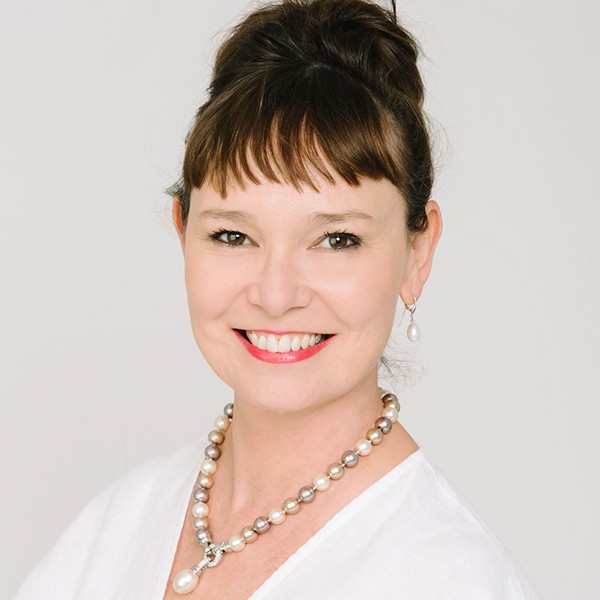
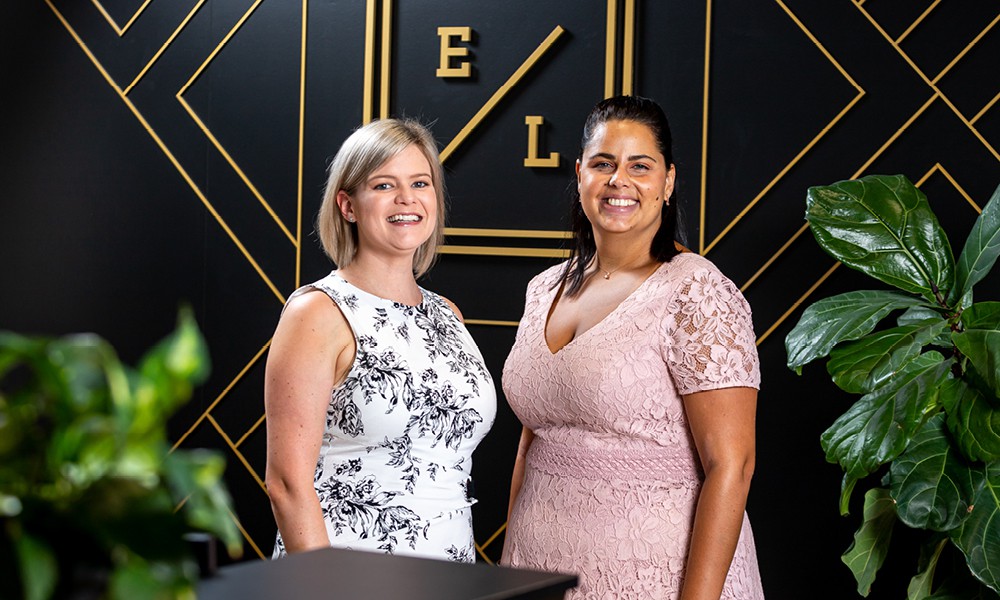


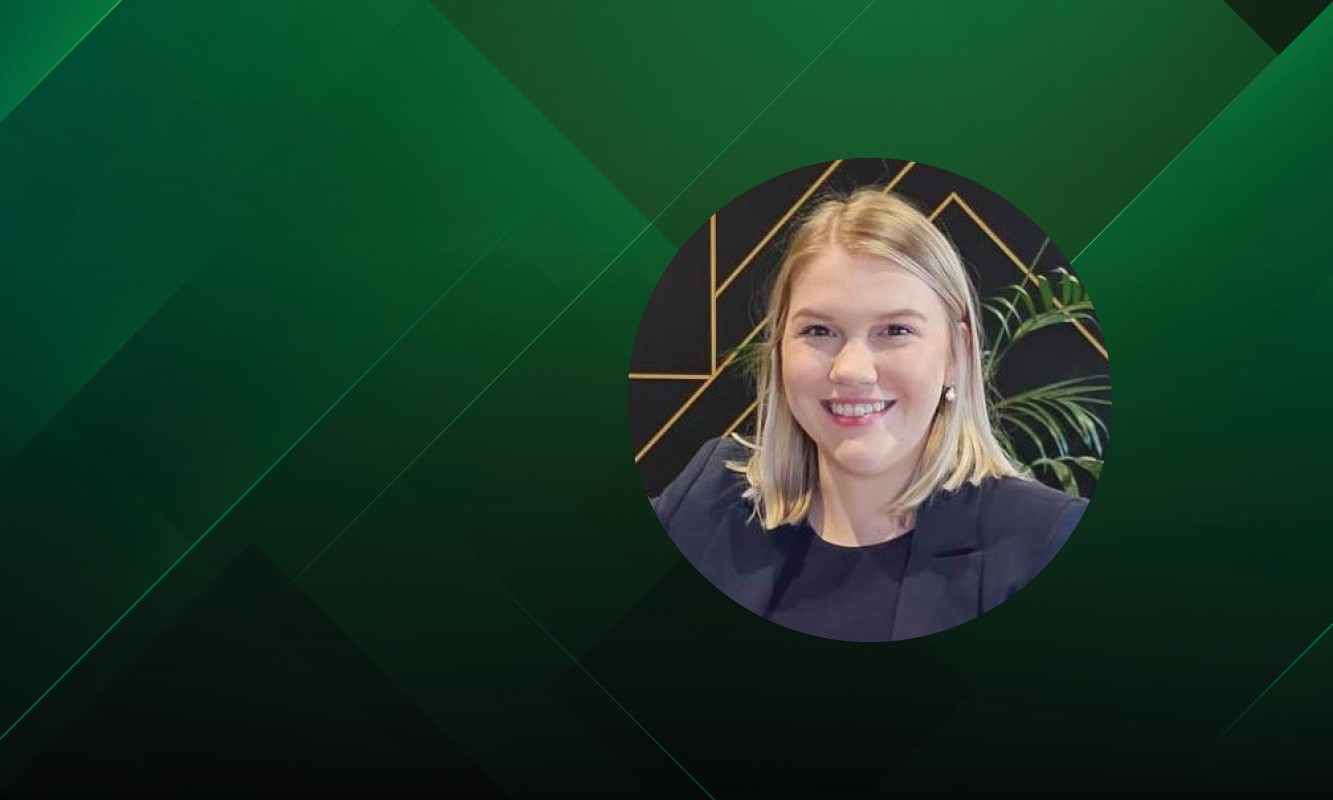
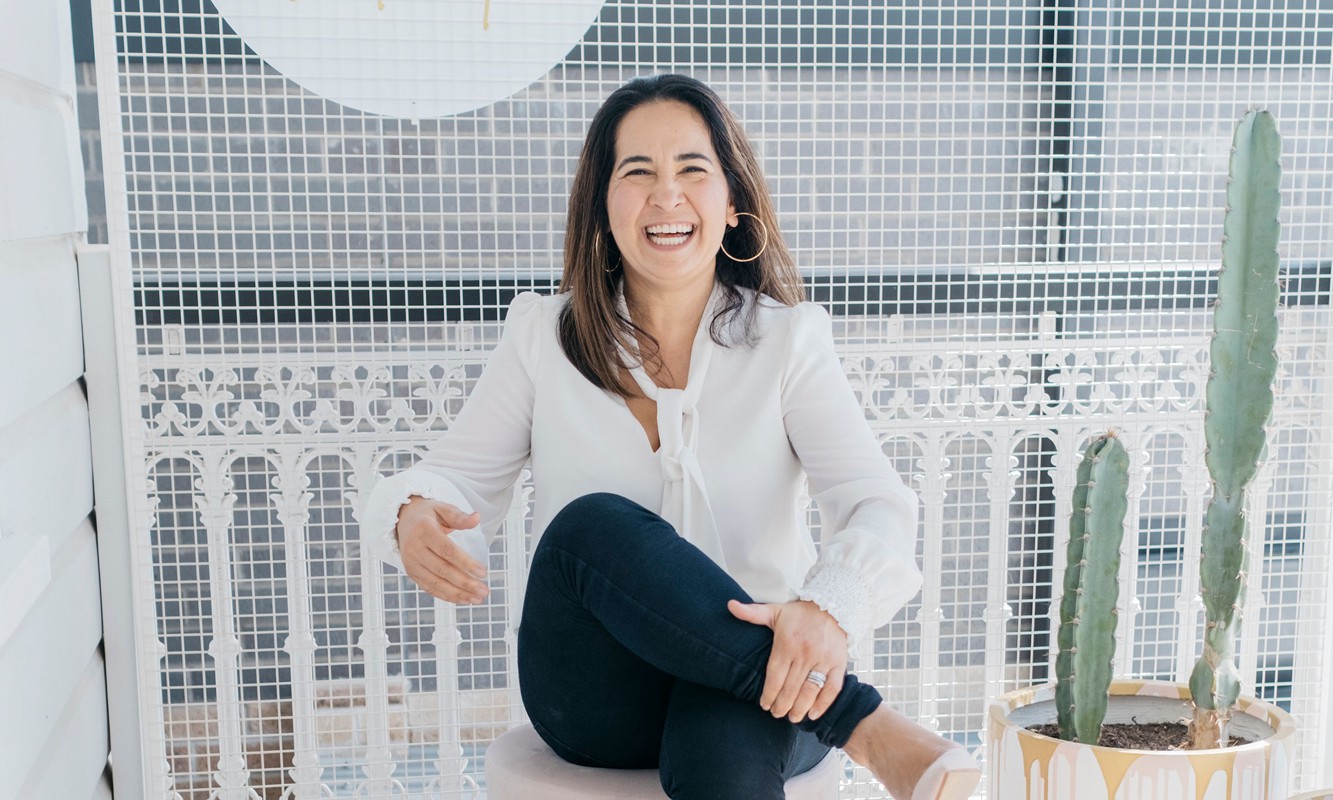


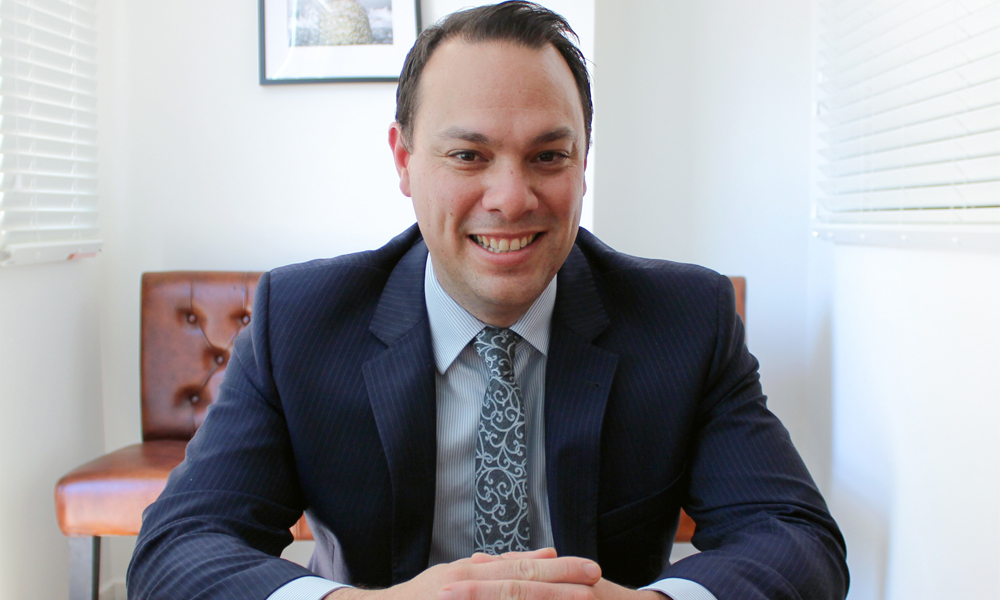

Share this article